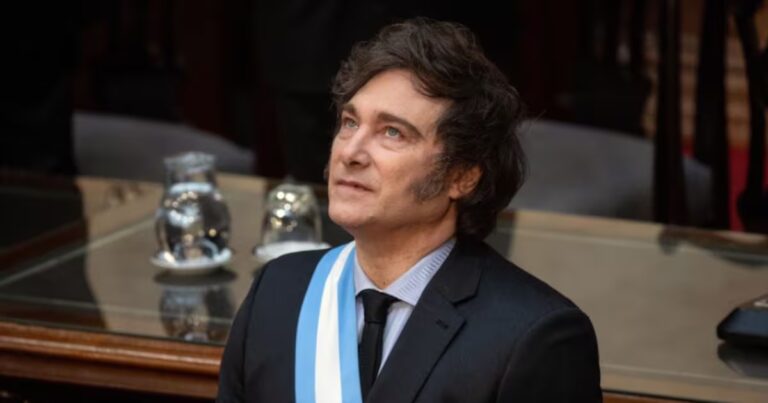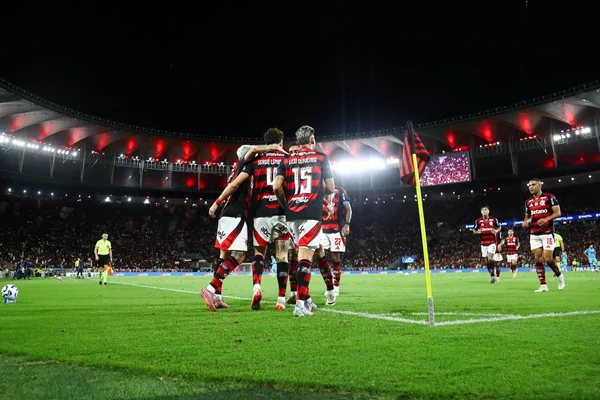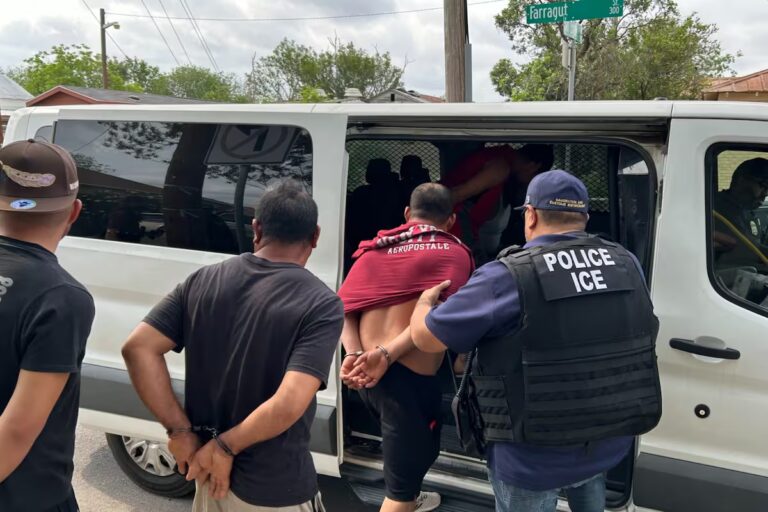
On Colombia’s Caribbean coast, a few hundred kilometers from Santa Marta, there is a new theater of war. The United States is waging what it considers a war on drug trafficking there, and already 70 people have been killed and 18 ships destroyed by missiles. Donald Trump asserted that they were loaded with illegal drugs destined for the U.S. market. He has already warned that the attacks will not stop. The issue popped up on the agenda at the fourth summit between the Community of Latin American and Caribbean States (Celac) and the European Union (EU), held in the coastal city this Sunday.
In his opening remarks, the Colombian organizer of the summit, Gustavo Petro, made it clear that the conference would not only discuss intercontinental cooperation, green energy and sustainable digital development. “The same missiles that fell on Gaza will also fall on poor people here in the Caribbean,” he said. Petro asserts that one of those killed in the US operation was a fisherman from Santa Marta. “In the light of international treaties and in the light of world democracy and freedom, he was simply murdered. It was an extrajudicial execution,” he said, later calling for bilateral talks to be “a beacon in a world of increasing barbarism.”
Even if the European delegation had wanted to avoid this issue, they could not. “Under international law, the use of force is only permissible for two reasons: either in self-defense or to comply with a United Nations Security Council resolution,” High Representative for Foreign Affairs Caja Callas said when asked on arrival at the Esteral Santamar Convention Center.
Brazilian Luiz Inácio Lula da Silva has already said that the Santa Marta summit has no reason to exist “unless we discuss the issue of American warships in Latin American waters.” The president of America’s largest economy was busy welcoming participants to the COP30 climate change summit in Belem and delayed confirming his attendance until the last minute. After all, he was traveling with the purpose of stirring up trouble for suspected drug smuggling. “The threat of use of force is once again part of everyday life in Latin America and the Caribbean. Old rhetoric is being reused to justify illegal operations,” Lula said in his presentation. “We are a peaceful region and we want to maintain peace. Democracy does not fight crime in violation of international law. When crime corrupts institutions, democracy also collapses.”
A Brazilian government official said, “In his visit to Santa Marta, President Lula sent a message to show that there is a situation in the Caribbean and that we are not interested in any military solution on the northern coast of South America, much less in the countries that border Brazil, such as Colombia and Venezuela.” “We don’t recognize the elections in Venezuela and we don’t support what’s happening in Venezuela in any way, but we don’t really care about military issues on the northern border of the Amazon,” he says.
Lula left Santa Marta as soon as he finished his presentation. So did Spanish President Pedro Sánchez, whose arrival was hectic as the city’s airport was not prepared to accept a plane of his size.
By mid-morning, the text of the final declaration had already been agreed at ambassador level. Only technical details were missing. At a summit weighed down by significant absences, European delegations were enthusiastic about the tone and content of the final document. The document will include sections addressing the wars in Ukraine and Gaza, military tensions in the Caribbean due to the US advance, and a chapter dedicated to migration, a particularly sensitive bilateral issue. As before, countries that disagree with a particular point can express their objections in writing.
Only 12 heads of state visited Colombia out of a total of 60 heads of state. One of the most serious casualties was the death of European Commission President Ursula von der Leyen, even though she was in Belem at the close of COP30 on Friday. Among the heads of state, Uruguay’s Yamandou Orsi withdrew at the last minute due to logistical issues. Right-wing and far-right governments in Latin America lobbied to vacate the summit. Argentina, under President Javier Millay, sent a deputy foreign minister. From Paraguay to the Undersecretary of Foreign Affairs and the Government of El Salvador, Nayib Boucle, a third-class official in the Ministry of Foreign Affairs, the Director of Foreign Policy. Ecuador did not even send a representative.
President Petro had already said on the eve of the summit that the United States had tried to pressure countries in particular in the Caribbean to boycott the summit. But on Sunday, the atmosphere was different. Antonio Costa, president of the Council of Europe and co-organizer, expected a positive result from the early stages. “The approval of the joint declaration is proof that multilateral dialogue is of great importance. Despite having 60 countries gathered here with very different ideological orientations, we have managed to maintain common positions on the most important issues of our time.” Santa Marta’s bet on multilateralism paid off.



